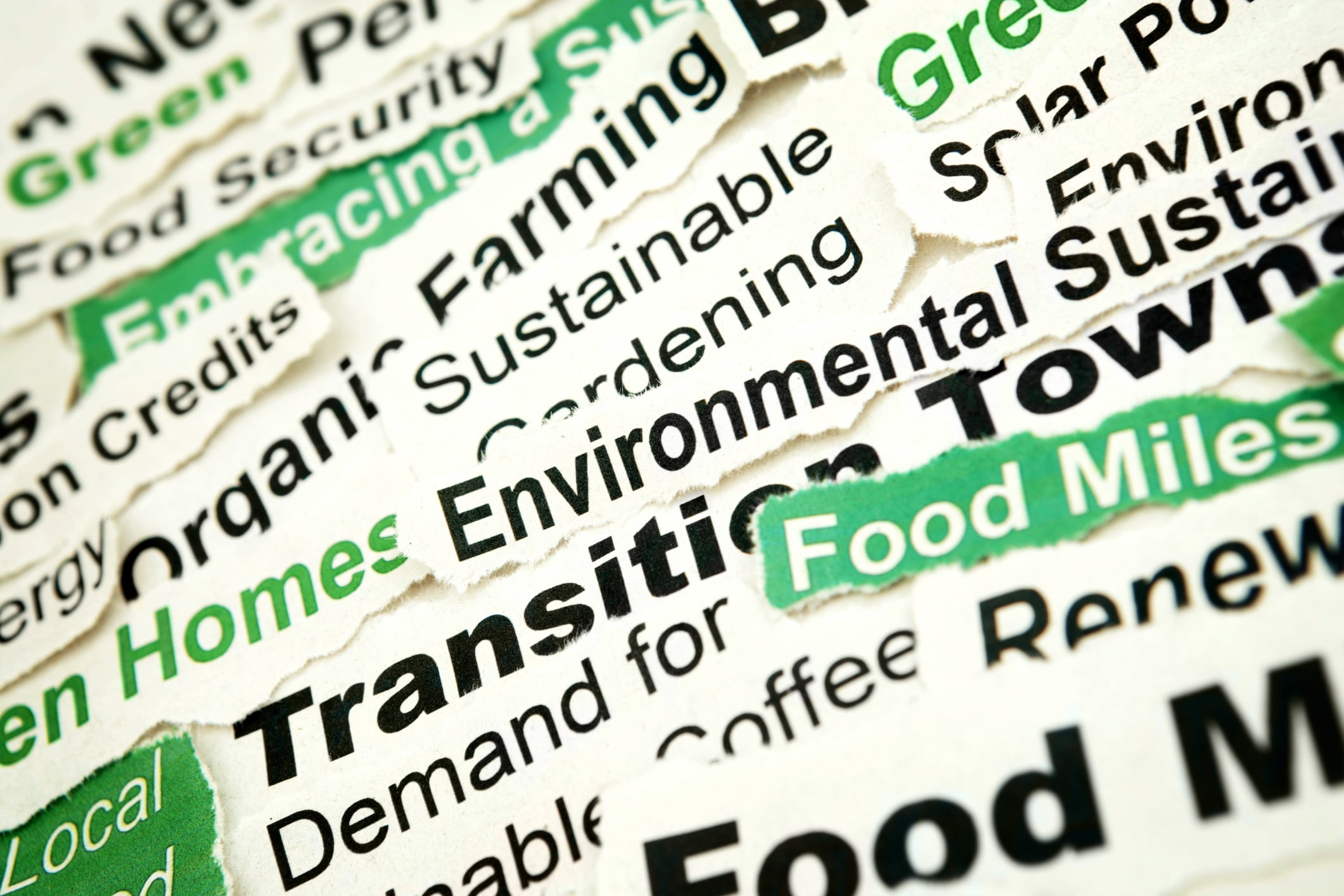Of the five top meals studied, the shepherd’s pie had the most air miles, it claimed, with an average of 20,061 miles.
Tesco had the most air miles of the big four, with an average of 16,221 miles across all five dishes. Of the ingredients surveyed, 29% of Morrisons foods didn’t have an origin specified online. According to the report, the white onion was the most obscure ingredient for determining air miles, with eight different possible source locations listed.
“Clocking in with 20,061 air miles on average, the shepherd’s pie has by far the most air miles of the popular UK dishes studied,” the report stated. “A few ingredients, in particular, are sourced from incredibly distant countries - New Zealand and Argentina. These results are unfortunate because if you eat seasonally and locally, you can pick up these ingredients with next to no air miles, reducing your environmental impact immensely.
“The humble onion has the most air miles out of any of the ingredients in these meals, averaging 7860 miles. Not only is the furthest source country New Zealand (the most distant country for air miles from any supermarket), but Tesco and Sainsbury’s have multiple source countries for the product. At the same time, Asda only lists the source as the EU (for organic onions). Morrisons, as is common throughout this roundup, chose to exclude the country of origin from their online descriptions.”
Tesco’s ingredients have flown the furthest
The air miles for the listed meals were higher at Tesco, where they average 16,221 air miles across all five dishes.
In comparison, Morrisons has an average air mileage of just 710 miles across all five meals. However, it claimed this result was due to Morrison’s not listing a country of origin for online.
“If your ingredients haven’t flown thousands of miles, they’ll undoubtedly be fresher and tastier as a result,” the report added.
In response, Tesco said that food miles was just one factor that played a role in the overall carbon footprint of food production.
It said: “The distance food is transported is just part of the overall environmental impact of food production, with other factors, including agricultural inputs like feed and water, and carbon emissions throughout each stage of the supply chain playing significant roles.”
In order to take a holistic approach to reducing the impact food production has on the environment, Tesco said it has worked with conservation organisation WWF to launch the Sustainable Basket Metric.
This metric brings together seven key environmental areas to help the supermarket achieve its goal of halving the environmental impact of the average UK shopping basket.
The seven key areas of focus are:
- Agriculture
- Climate change
- Consumer diets
- Deforestation
- Food waste
- Marine
- Packaging



